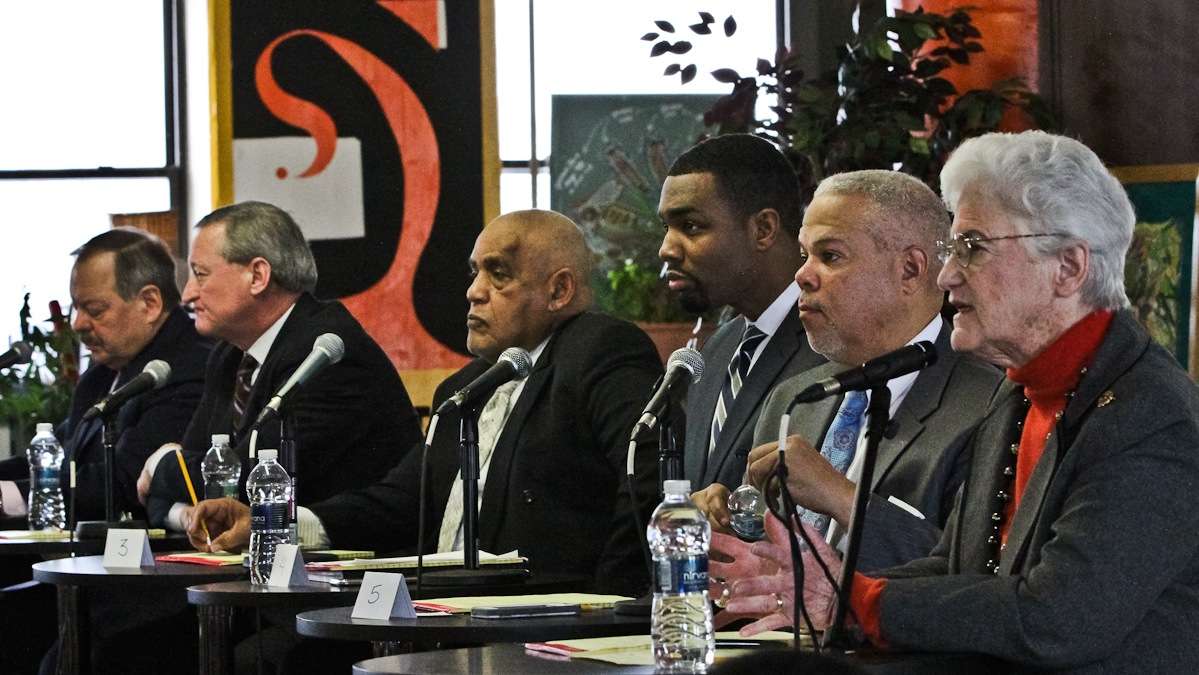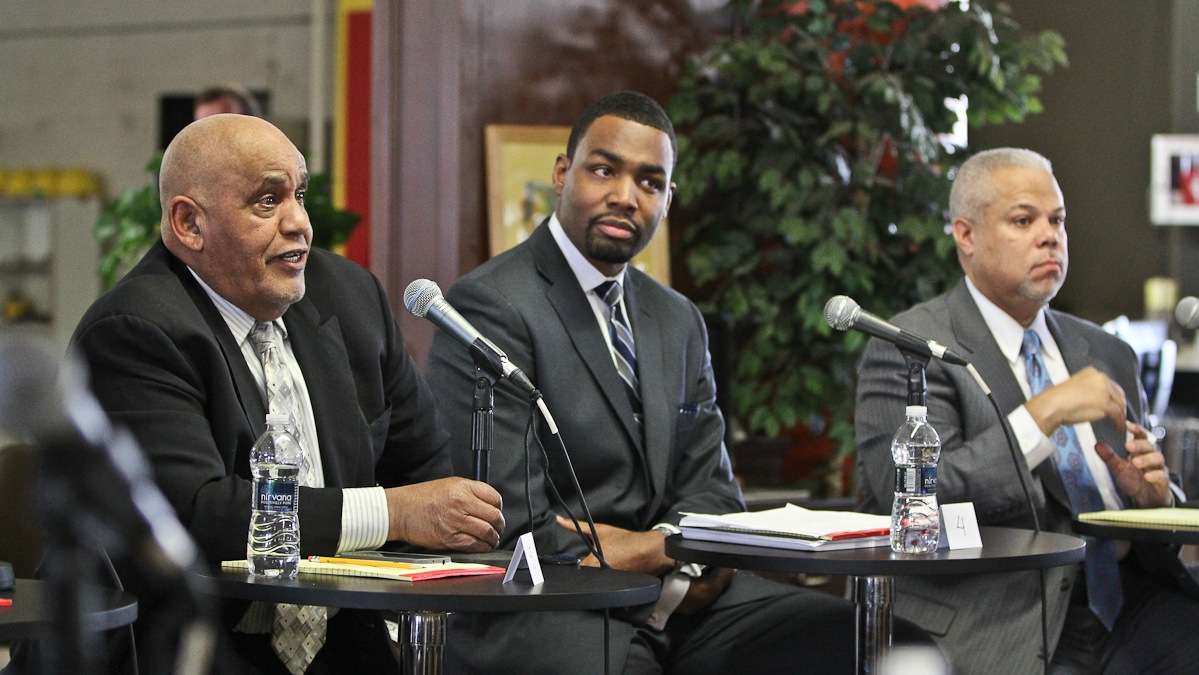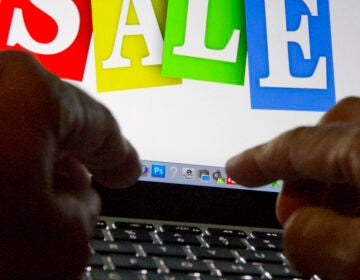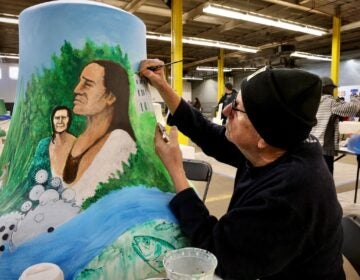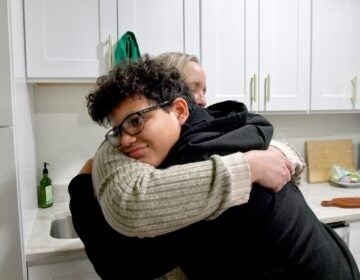How can the mayor of Philadelphia be ‘human at work’?
To the mayoral candidates: How will you strike a balance among work, home, community, and self in your life?
Watching the shifting field of mayoral candidates, and looking forward to the results of the Young Involved Philadelphia/WHYY survey on the values citizens seek in new leadership, I began wondering about how the “Human at Work” dimension would look for someone in such a demanding and visible position as mayor. On one hand, it’s a job that demands a high priority in one’s life; on the other, that only emphasizes how important the other pieces of a life there — lest a leader (and his or her work) begin to suffer from lack of nourishment and perspective.
I was trying to sort this out in my own head when I sought out a conversation with Stew Friedman, professor of management and director of the Work/Life Integration Project at the Wharton School of Business, University of Pennsylvania. I’d long admired of his “work on work and life,” so to speak, so I grabbed this chance to chat with a pro about how a mayor — or candidates contemplating the role — could bring his or her humanity to that particular line of work.
“I’d ask them, ‘How do you strive to create a sense of harmony among the different parts of your life?'” he said. Drawing on his Total Leadership model, Friedman said: “It takes all four domains — work, home, community, and self.”
The balance differs for everyone
Work, of course, includes your job, but also comprises anything related to it. Family is also a wide net, including those you live with (pets, too!), your family of origin, and your current family of creation. Community can mean all kinds of groups where we find people to connect with beyond work and family. And self — that’s where I really perked up — includes the physical, emotional, intellectual and spiritual.
Too often people may overemphasize one area, resulting in a lack of attention to another. As we all know, this can lead to problems in productivity and relationships. This is a challenge for anyone. What would a sense of harmony among these different parts of life look like for a mayor?
“It’s an individual decision as to how they’re weighted,” Friedman says. “Even for those in a position of civic leadership, you have to choose for yourself what’s going to work best for you in your life.”
The process, he says, begins with clarifying what’s most important to you. Sometimes religion helps someone name those things. Then in light of what you’ve identified and claimed as important to you, choose how to invest your attention and effort. I liked that approach, because it starts with connecting what’s inside someone with what’s on the outside — which, as far as I know, is a decent working definition of integrity. That’s why Friedman calls it “work/life integration.”
But the time allocations can be challenging for a civic leader. “For a mayor,” Friedman says, “that means lots of waking hours on work.” But at least looking at the integration among the different parts of life can make for a better leader with a richer life. There’s some significant overlap among the four spheres, maybe more so than for some other jobs. “What’s interesting about the public-servant role is that your work and community are the same,” he says. “You can also see how one’s spiritual yearnings would be satisfied in a role like that, where you are feeling connected to a larger purpose, a larger slice of humanity.
“What’s tricky for politicians is how you play the role of family member. How that serves your work, and how your work serves your role in your family.”
That landed us right where I live, as a clergy person and teacher: How does the spirituality parse out between what’s satisfied on the job and what needs time apart from the job. When does self overlap with community/work, and when does it need to be separate?
“Everybody has a different answer,” Friedman says. “That’s not moral relativism. But it’s about values, interests, goals in different parts of our lives — and how we understand them. It’s very subjective.”
A journey, not a destination
As we closed our conversation, we found ourselves agreeing it’s a process, and no one formula works all the time for anyone.
“You have to constantly look at how spiritual yearnings break down,” he says, “and you have to look to see how things are going. Assess it — is this working or not? It’s a dynamic process that takes continual adjustment. It’s the work of figuring out how to live right.”
That was a lovely ending to a conversation that helped me rephrase some questions. And now, to the mayoral candidates — your own working responses are welcome! How will you strike a balance among work, home, community, and self in your life?
WHYY is your source for fact-based, in-depth journalism and information. As a nonprofit organization, we rely on financial support from readers like you. Please give today.



